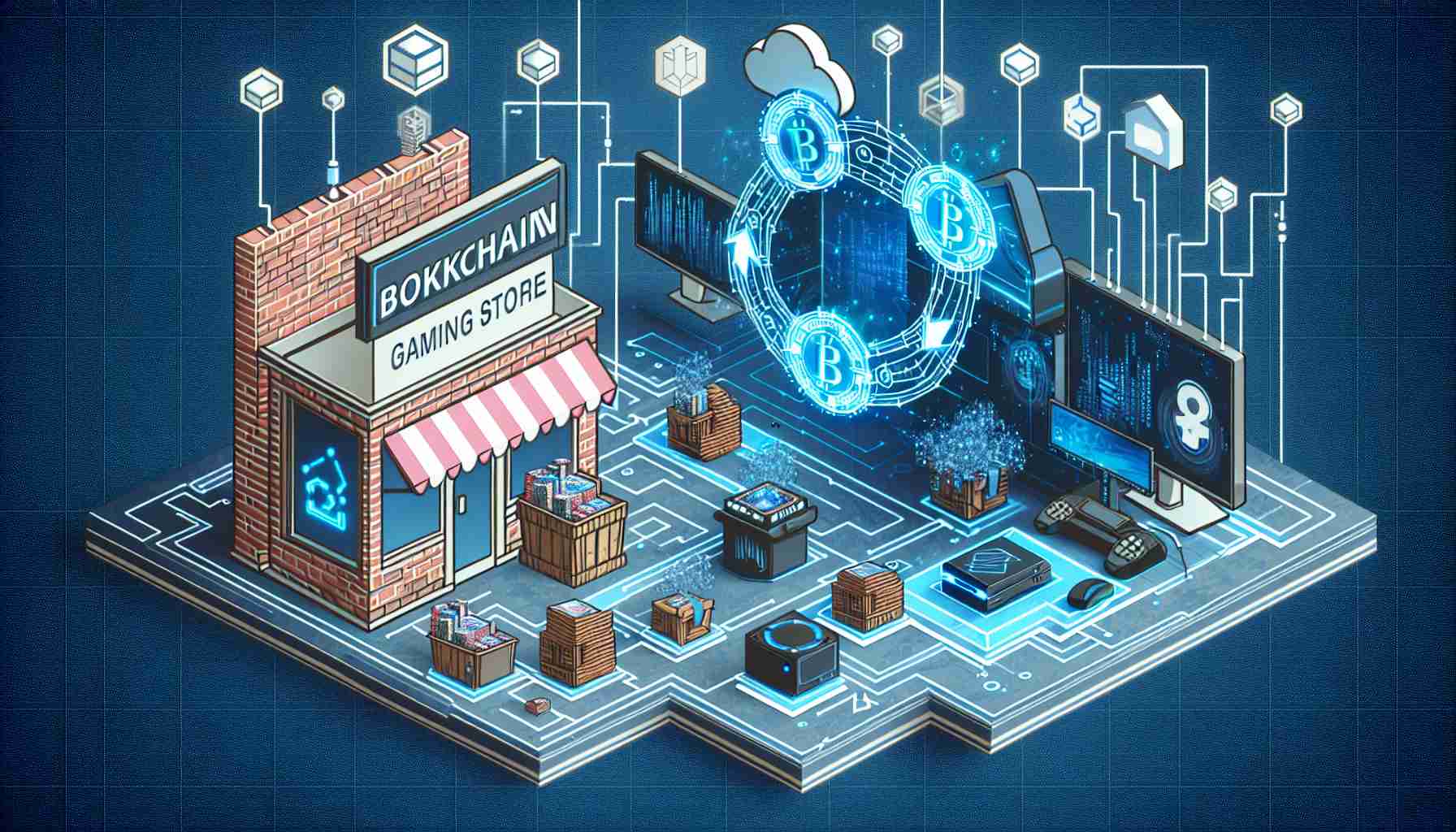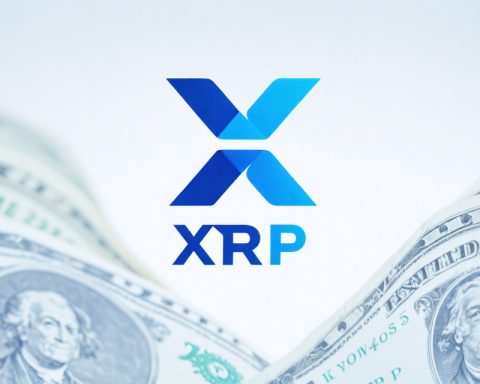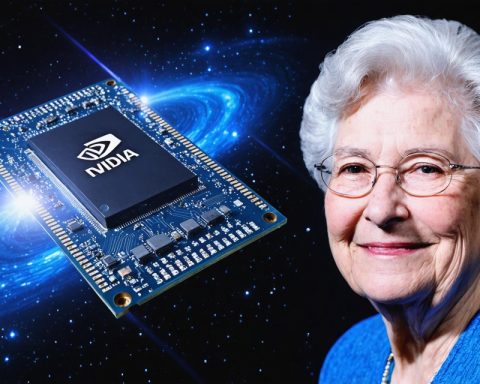- Gamestop is shifting focus from its stock market saga to blockchain technology to redefine its role in gaming retail.
- Integrating NFTs could establish Gamestop as a leader in digital asset trading, attracting gamers and investors.
- Blockchain technology promises to enhance Gamestop’s supply chain transparency and operational efficiency.
- The transition to blockchain presents challenges, including system alignment and workforce adaptation.
- Success in this venture could revolutionize retail by blending physical and digital experiences.
In a world accustomed to Gamestop’s wild stock market ride, the retail giant is now setting its sights on an audacious transformation powered by blockchain technology. As Gamestop looks beyond its headline-grabbing stock saga, the company is exploring how blockchain could redefine its role in the gaming retail space.
NFTs: The New Currency of Gaming
The explosive evolution of non-fungible tokens (NFTs) is revolutionizing digital ownership. For Gamestop, this wave represents a golden opportunity. By integrating blockchain into its operations, the company envisions a thriving marketplace where gamers can buy, sell, and trade digital assets with unparalleled authenticity and security. This strategic leap could establish Gamestop as a leader in the digital economy, drawing in avid gamers and tech-savvy investors alike.
Revolutionizing Supply Chains with Blockchain
Beyond its retail presence, blockchain holds the potential to vastly improve Gamestop’s supply chain operations. The technology promises to enhance transparency, ensuring consumers have complete visibility into product origins and movements. By using blockchain for inventory and logistics, Gamestop could redefine operational efficiency and solidify consumer trust, ultimately bolstering investor confidence.
Challenges and Opportunities: The Road Ahead
Venturing into blockchain isn’t without its challenges. Gamestop faces the daunting task of aligning its systems, investing in new technologies, and preparing its workforce for change. With risks paralleling its past stock market volatility, the company’s blockchain journey teeters on the brink of monumental innovation or speculative excess.
As Gamestop navigates this digital frontier, its success could chart a new era in retail, seamlessly melding the physical and digital worlds. The stakes are high, and the outcomes uncertain, but the possibilities promise intrigue and potential transformation.
Gamestop’s Blockchain Bet: Are NFTs Revolutionizing Retail?
Exploring the Nexus of Gaming and Blockchain Technology
Amidst the dramatic narrative surrounding Gamestop’s stock market exploits, the company is setting a new course with its ambitious blockchain initiatives. Here’s an insight into how Gamestop aims to leverage blockchain tech, coupled with the opportunities and obstacles that lie ahead.
Key Innovations and Market Forecasts
1. How does Gamestop plan to integrate NFTs into its business model?
Gamestop envisions creating a digital marketplace powered by blockchain for NFTs, allowing gamers to purchase, trade, and sell digital collectibles with enhanced security. This expansion into NFTs not only refortifies Gamestop’s position in the gaming industry but also appeals to tech-forward investors, positioning the company as a frontrunner in the digital economy.
2. What are the expected impacts of blockchain on Gamestop’s supply chain?
Integrating blockchain technology into supply chain operations can dramatically increase transparency and traceability. By applying blockchain, Gamestop aims to provide precise visibility into product origins and logistics movement. This transparency could lead to more efficient supply chain management, improved customer trust, and sustained investor confidence.
3. What are the primary challenges Gamestop may face with this blockchain endeavor?
Gamestop’s foray into blockchain is fraught with significant hurdles. Key challenges include:
– System Integration: Aligning blockchain with existing operations and technology infrastructures is complex and resource-intensive.
– Investment Needs: Considerable financial outlay is necessary for blockchain adoption, potentially straining Gamestop’s financial resources.
– Workforce Adaptation: Preparing and training the workforce for new blockchain systems is critical to ensure smooth operational shifts.
Market Analysis and Future Predictions
With blockchain adoption accelerating, the market forecasts for Gamestop’s blockchain journey are promising yet uncertain. Analysts predict substantial growth if the company effectively integrates technology with gaming retail ambitions. However, simultaneous risks akin to past market volatilities hover, indicating the path forward is as promising as it is precarious.
New Trends in the Gaming and Retail Sectors
Blockchain not only supports innovative digital games and collectibles but also promises convergence of physical and digital interfaces in retail. Gamestop’s strategy might inspire similar transformations across other retail sectors, hinting at broader industry shifts.
To stay updated on similar developments in blockchain and gaming technology, consider visiting [Quantum Computing](https://quantum-computing.ibm.com), [Digital Asset](https://www.digitalasset.com), and [Coin Telegraph](https://cointelegraph.com) for groundbreaking blockchain advancements.
Conclusion
Gamestop’s blockchain adventure could redefine retail, merging digital assets with traditional commerce. The company’s efforts to embrace NFTs and revamp its supply chain reveal a forward-thinking approach that, if successful, might single-handedly reshape the landscape of retail and gaming. The stakes are undoubtedly high, but the narrative of Gamestop’s next chapter remains one of the most compelling in the business world today.









